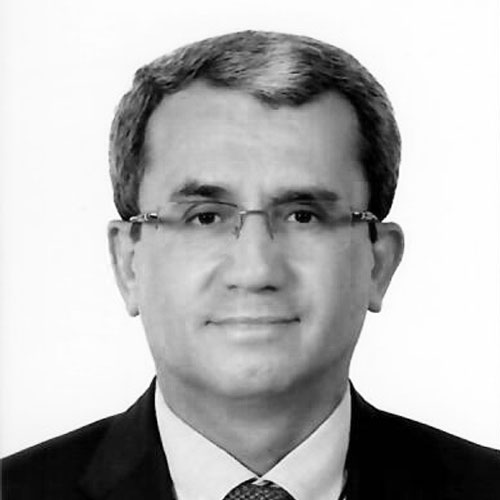The Arab Spring and its aftermath led to profound changes in the Middle East, paving the way for the emergence of new actors and reconfigured alliances. As Turkey supported the region’s quest for democracy, more synergies were developed with emerging political and social actors, making Istanbul a privileged destination for many Arabs. While many proponents of the uprisings looked to Turkey as a model, others who held a counter-revolutionary perspective found themselves increasingly at odds with Turkey’s foreign policy agenda. Over the course of the last decade, this has led to varying levels of relations with Arab states, from Turkey’s strategic partnership with Qatar, to its diplomatic confrontation with the United Arab Emirates and Egypt.
Beyond the specific confines of the Arab Spring, Turkey’s renewed engagement with the Arab world, a region with which it has deep historic and cultural ties, can be seen as part of Turkey’s effort to redefine its strategic priorities. More broadly, with its economic strength, young population, and vibrant culture, Turkey has reinvigorated its political, economic, and cultural ties with the peoples of the Middle East. Consequently, many still consider Turkey as a source of inspiration for its successful combination of democracy and the rule of law without giving up on traditional, conservative values ingrained in the Turkish-Islamic culture.
Recently, there have been overtures between Turkey and notable regional states, including Egypt and Saudi Arabia. While such overtures remain limited at this stage, they highlight Turkey’s renewed geopolitical imagination and desire to mend ties with different protagonists and move away from tension to a more prosperous state of relations. Within this context, the future of Turkish-Arab relations will be analysed in this session.
Discussion Themes
• A decade after the start of the Arab Spring, what are the state of Turkish-Arab relations today and what forces are likely to shape those relations in the decade to come?
• What are the key drivers of Turkey’s interests in the Middle East and the larger Muslim world and what are the main impediments to a deeper engagement with the Arab world?
• What are both the short-term and more structural causes behind recent overtures between Turkey and several regional powers, including Egypt and Saudi Arabia?
• Beyond the Arab Spring, how might an increasingly multipolar world impact regional dynamics, including Turkish-Arab relations, over the course of the next few decades?
Discussants
• Ufuk Ulutaş – Chairman of the Centre for Strategic Research (SAM) at the Ministry of Foreign Affairs, Turkey
• Dania Thafer – Executive Director of Gulf International Forum
• M. Tahir Kılavuz – Assistant professor in the Department of Political Science and International Relations at Marmara University


